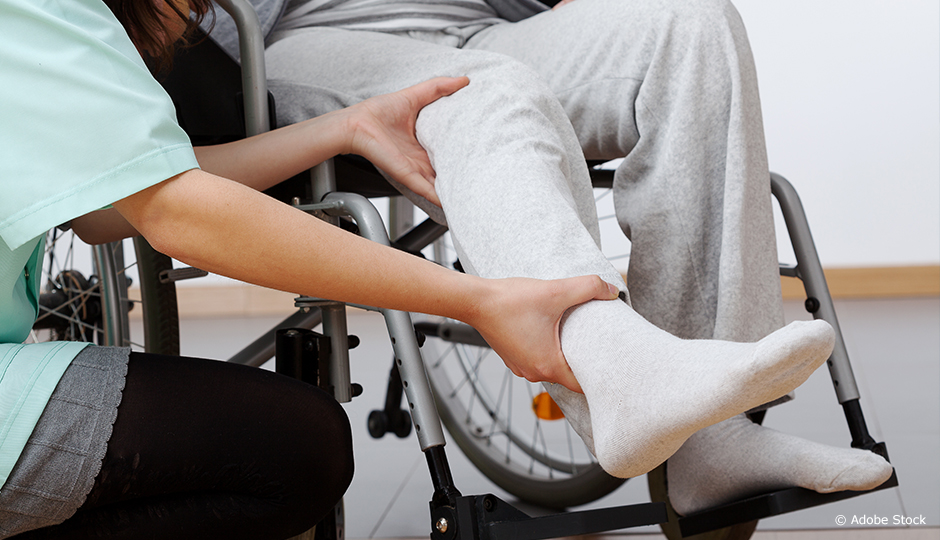
The older we get, the more we lose muscle mass and strength. But despite the public health messages on the importance of staying active to maintain muscle capacity, 70% of seniors are inactive. Among seniors who are hospitalized, the figure rises to 90%.
A pilot study confirmed that the training decreased hospitalization times and did not lead to falls or injuries.
Mylène Aubertin-Leheudre, professor in the Department of Exercise Science at UQAM and researcher at the Centre de recherche de l’Institut universitaire de gériatrie de Montréal, has found that muscle strength drops by 15% in seniors who are bedridden for seven days. Unfortunately, even with exercise following their hospitalization, these patients never regain their initial capacity.
A kinesiologist by training, Aubertin-Leheudre collaborated with physicians, physiotherapists and nurses to create a simple exercise program that requires only a chair and hospital bed. After one or two evaluation and demonstration sessions with a physical therapist, patients perform the activities on their own three times a day. Primary care physicians prescribe the program and then ensure their patients are moving safely on their daily visits.
A pilot study confirmed that the training decreased hospitalization times and did not lead to falls or injuries. Because it requires no contact, the program was also tested during the COVID-19 pandemic in Toulouse. The researcher now hopes to introduce the initiative in Montréal hospitals and enrol patients 65 and over who are being kept under observation as asymptomatic COVID-19 carriers.
The global health crisis also led the experts to initiate another project: virtual workouts for seniors to tackle the ill effects of confinement. For several weeks, a kinesiologist has led an exercise program three days a week on Zoom for 48 participants grouped according to their physical ability. Their capabilities were safely assessed over Zoom using common household items such as a chair and broom handle. With so many people staying at home, Mylène Aubertin-Leheudre is discovering new—and virtual—ways to conduct research!
